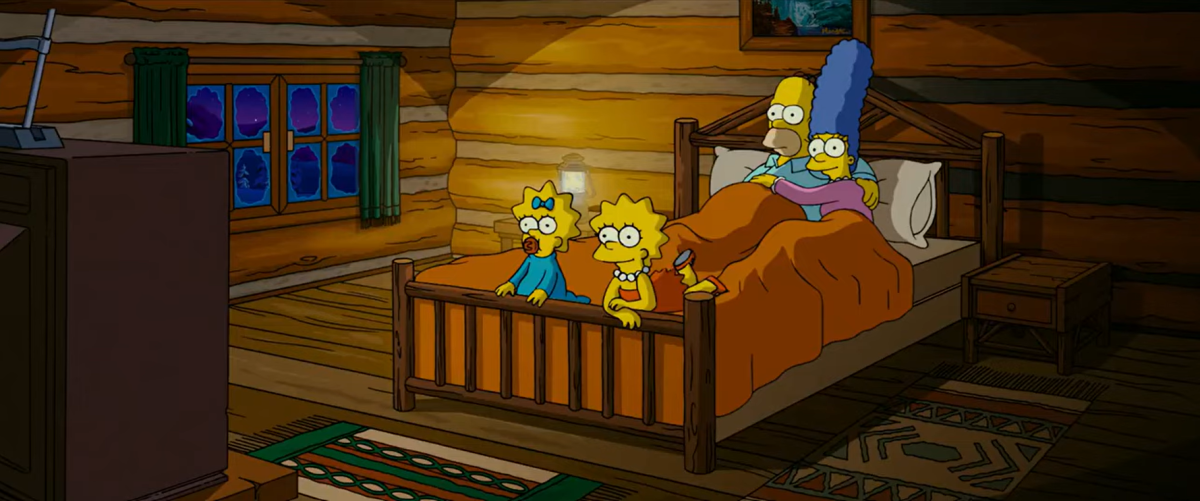Climate change poses a threat to many nations and people all over the world, but for Greenland it may be an invitation for outside influences to try and take advantage.
As Greenland’s glacial ice recedes, the island’s rich rare-earth mineral deposits become easier to access, new navigable shipping lanes open up, and a renewed interest for military projects emerge.
According to the Harvard International Review, the High North region is “strategically positioned on the shortest routes connecting Asia, Europe, and North America.” This is promising from the standpoint of global trade, because it will become easier to send goods through the top of the globe to reach different continents. However, this useful shortcut also makes Greenland’s short proximity between Russia and the US a pressure point between the two adversaries.
US President Donald Trump has said that he wants to annex Greenland as a matter of national security, but he will also not rule out force as an option.
Meanwhile Russia (a country which is currently trying to annex another country by force) sees the US interest in Greenland as a threat.
According to The Arctic Institute, Russia believes their large military presence and dominant shipping in the arctic region is being encroached upon. And with the recent admission of their neighbors Sweden and Finland to the National Atlantic Treaty Organization (NATO), they feel increasingly vindicated.
The Trump administration has not been shy about their ideas for acquiring the lands of other people. On his social media platform Truth Social, Trump has made repeated references to Canada as the 51st state and to their Prime Minister as “Governor“. He has also advocated to take back the Panama Canal, claiming security purposes.
Vice President JD Vance said that China has interest in Greenland, however as pointed out by Politico, many of the Chinese projects already failed to take shape thanks to diplomatic efforts. Many see these security concerns as being deliberately played up.
All of this comes at a time in which the people of Greenland are looking for a future of self-determination.
Greenland is known for being the World’s Largest Island at the very top of the northern hemisphere.
Despite this, it has an extremely small population of ~56,000 people — overwhelmingly of native Inuit ancestry, and they mostly live on the 20% of land not covered by ice according to Greenland Travel.
For over 300 years Greenland has remained a territory of Denmark. It gained self-rule in 2009, however Denmark still has authority over its foreign affairs, defense, monetary policy, and citizenship as stated in an article by the CSIS.
A majority of Greenlanders support independence from Denmark, but are largely divided on how soon. This is because the Danish government provides over half of Greenland’s total budget revenue which covers things like universal healthcare, free education, public employment, and administration costs. Unfortunately, most of Greenland’s domestic economy comes from the fishing industry, which is not very lucrative. And the rich mineral wealth underground has proved challenging to access.
As reported by Reuters, polling suggests that while most Greenlanders want independence, 45% would oppose if it meant a “lower standard of living”.
“We don’t want independence tomorrow, we want a good foundation” says Prime Minister Jens-Frederik Nielsen.
Historically, Greenlanders maintain resentment toward Denmark’s subjugation. Many feel that the Danish do not best represent their interests, so this has spurred a growing embrace of Inuit culture and pride within Greenland.
Over the years there has been a long, slow trajectory toward independence. However, Trump’s fierce rhetoric to acquire them from Denmark has enflamed their desire.
The people of Greenland do not want to gain independence from Denmark, just to be swallowed by the US.
According to one Greenlandic government consultant, Julie Rademacher, “I think the fear of the US imperialist approach has lately become bigger than the anger towards Denmark.”
On March 28th, JD Vance announced during his trip to Greenland that they would be better off with the United States than with Denmark. As reported on NPR, he criticized the Danish government of weak security protections and underinvestment. He then went on to pitch a case for why America would be the better country to be subject to.
But Greenlanders are not buying what he is selling.
The whole stunt has been widely seen as deeply offensive and disrespectful, and many of the people simply wanted Vance and company to leave.
Greenland’s Prime Minister has stressed that they are simply not for sale.

























